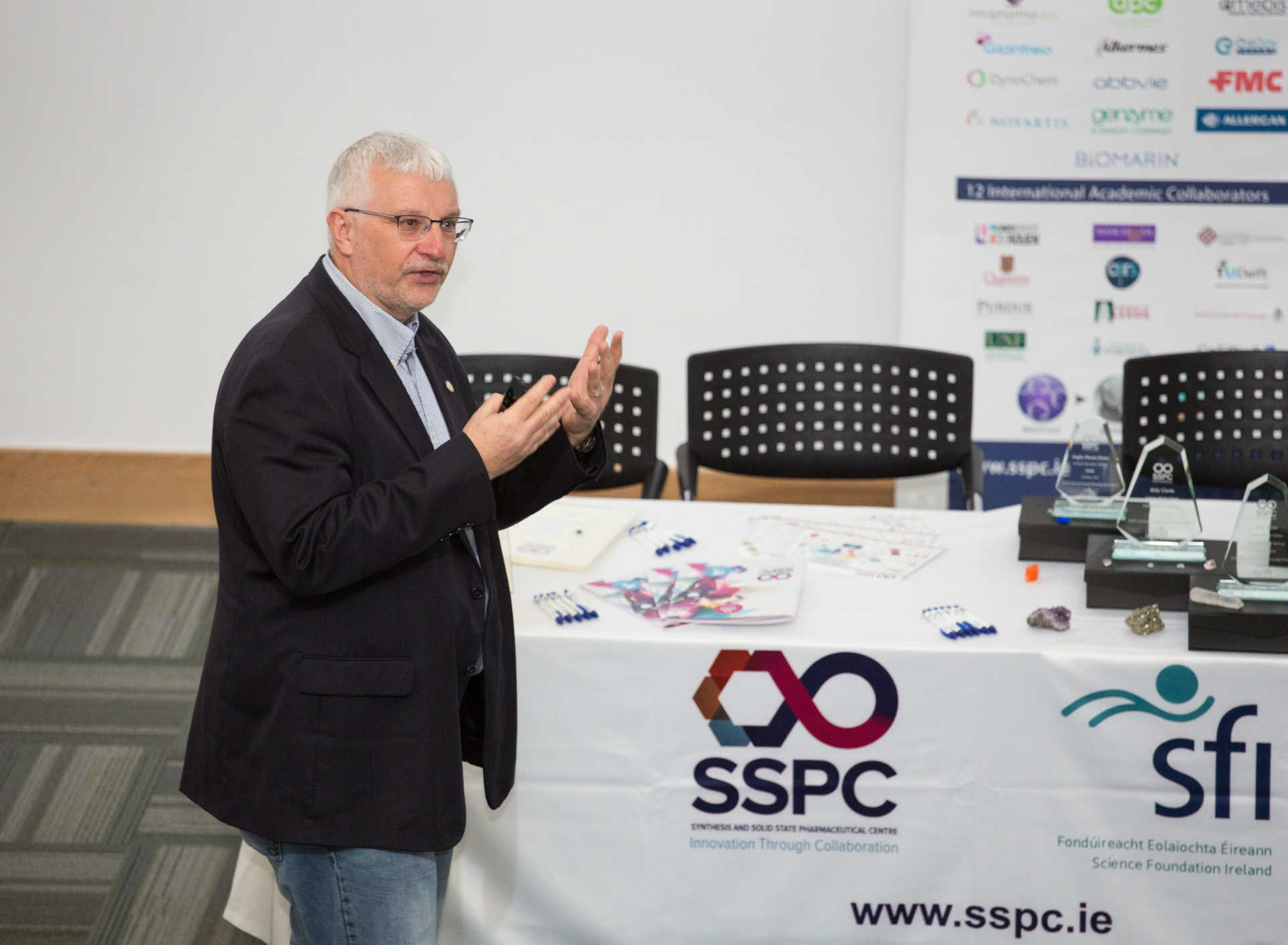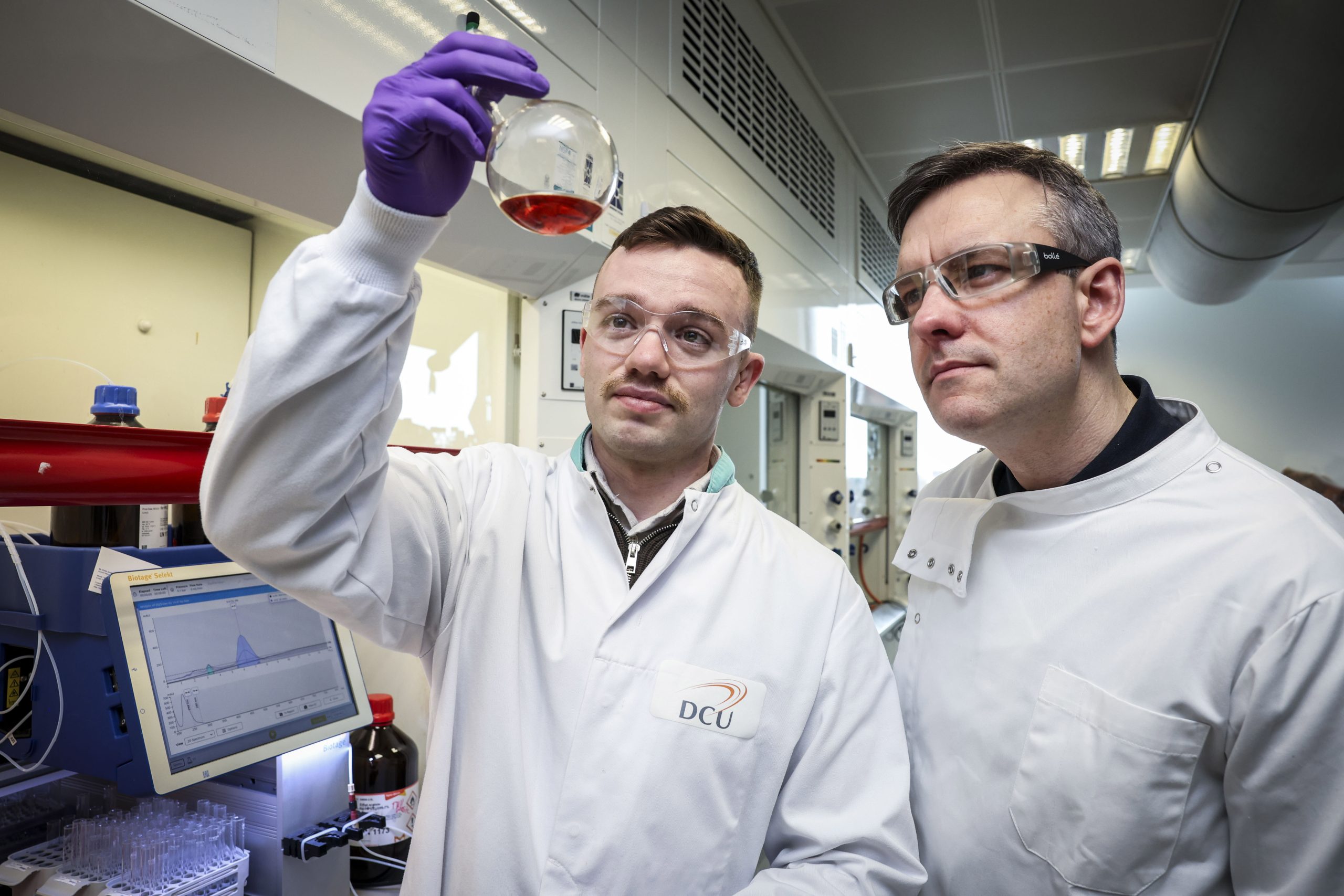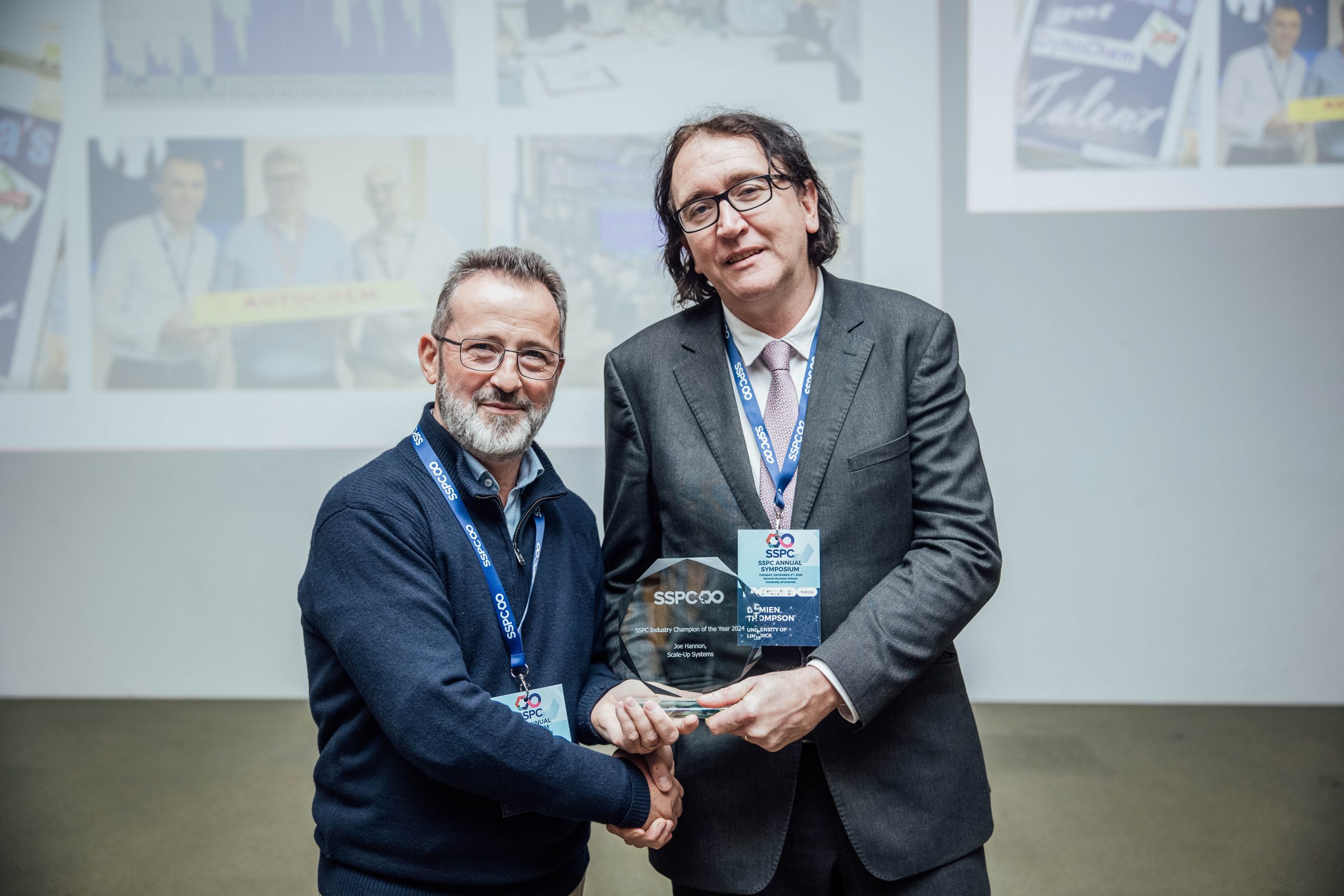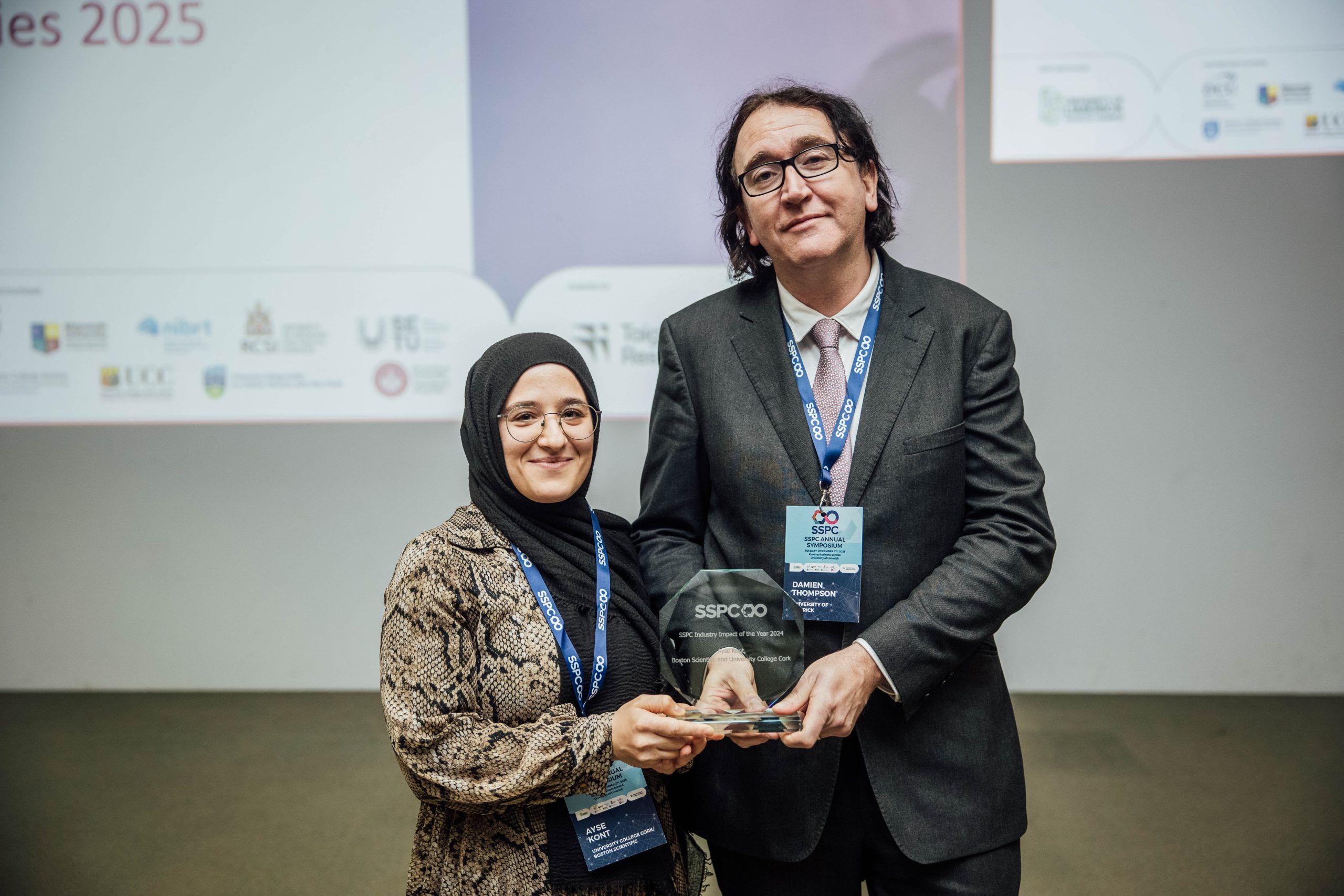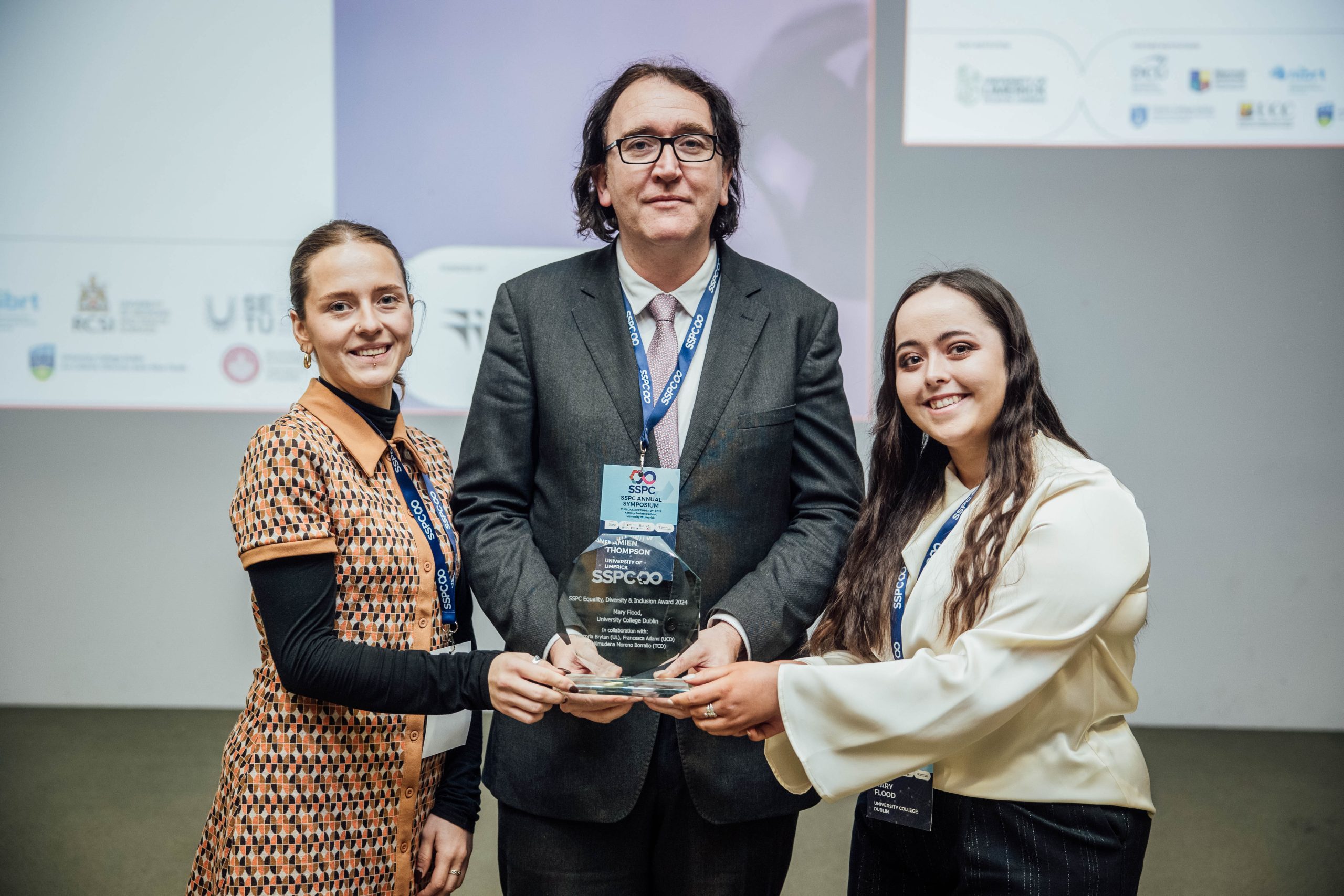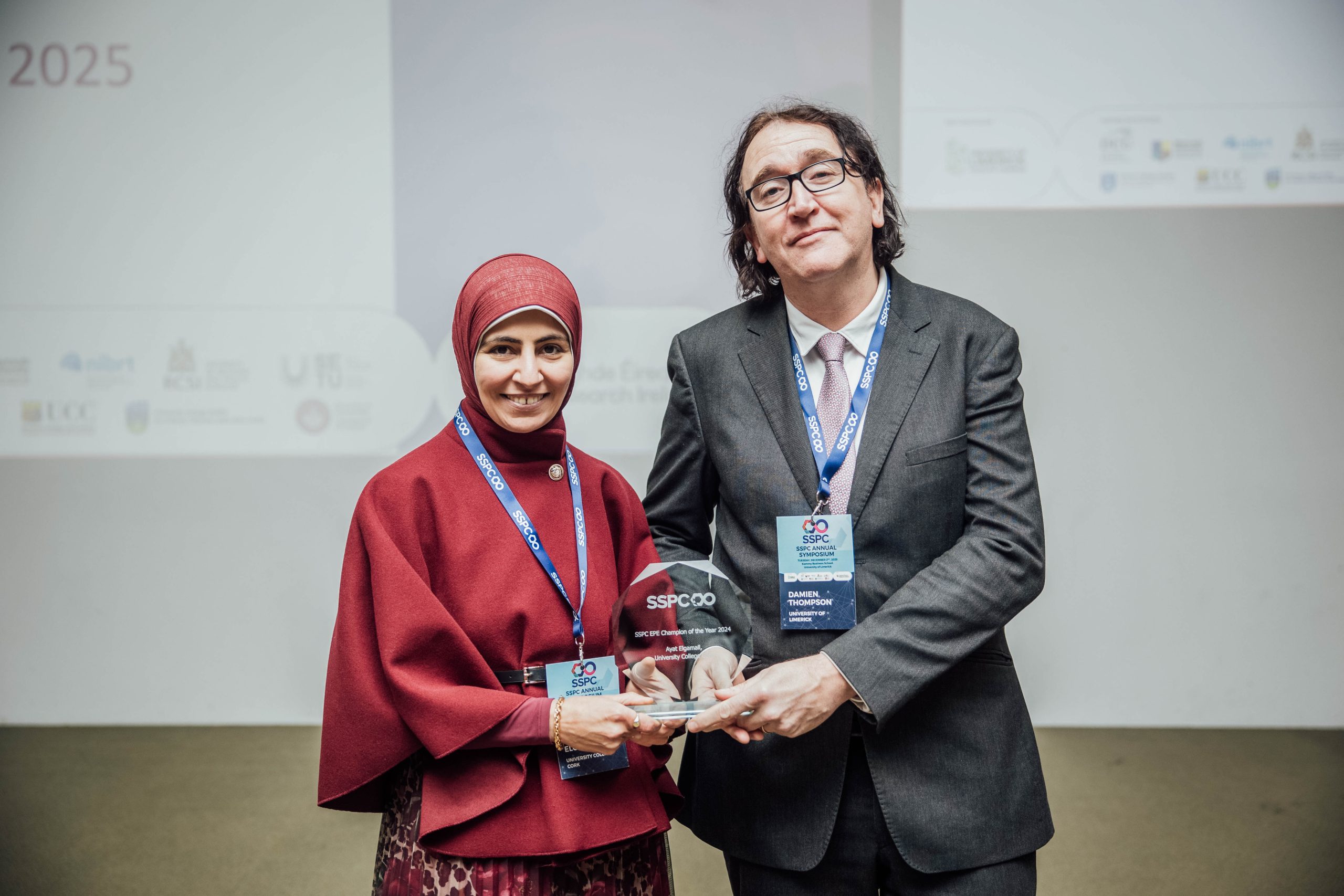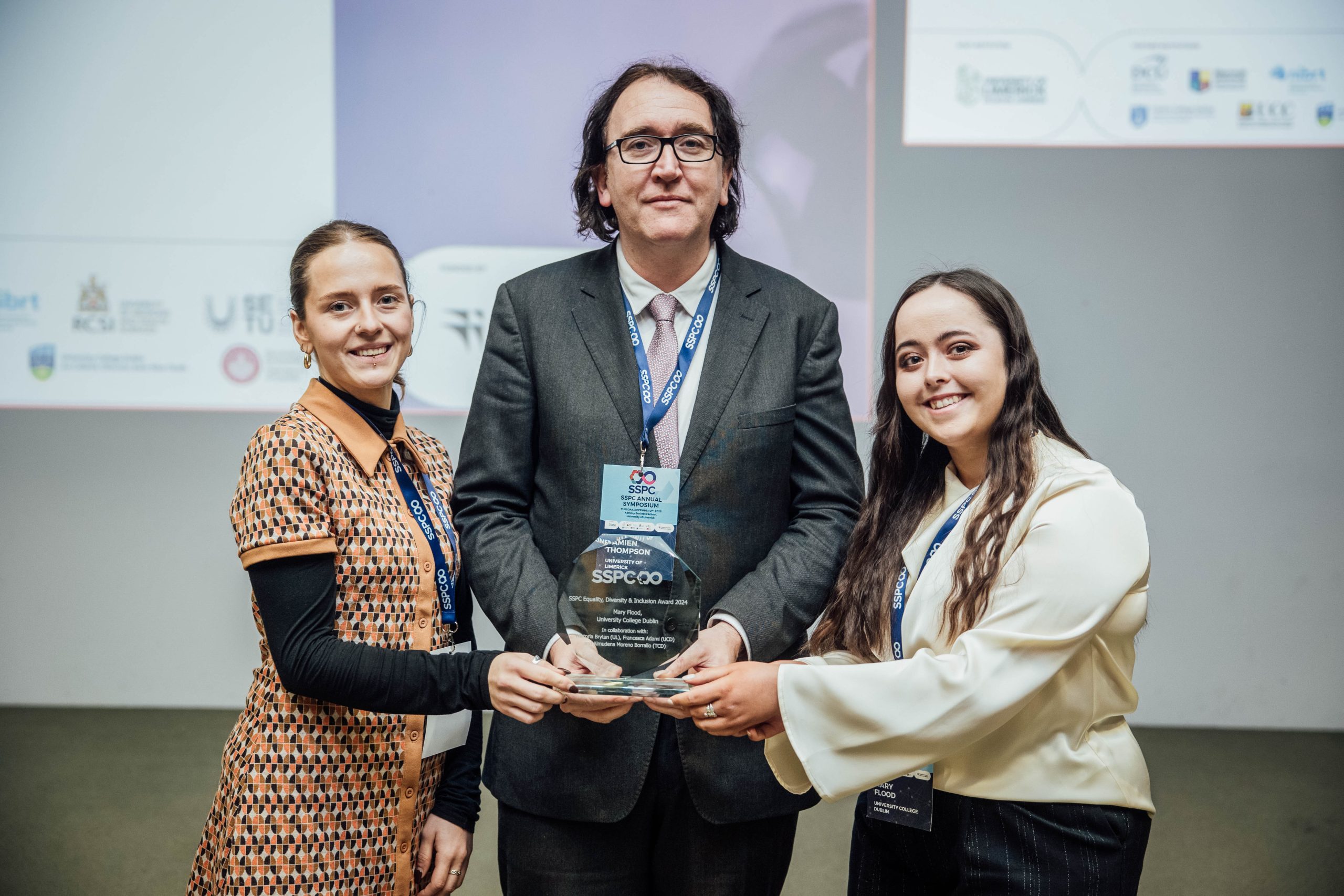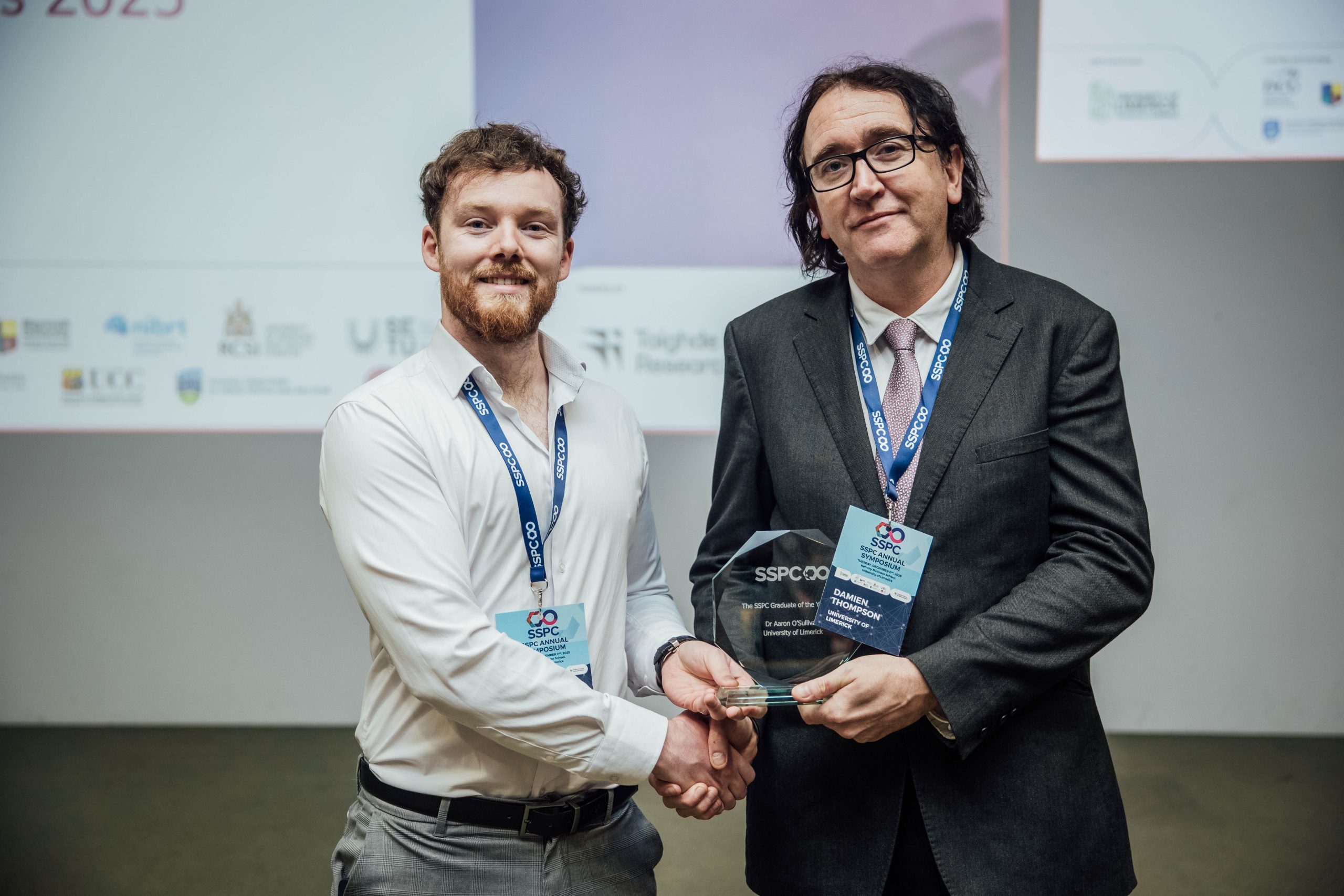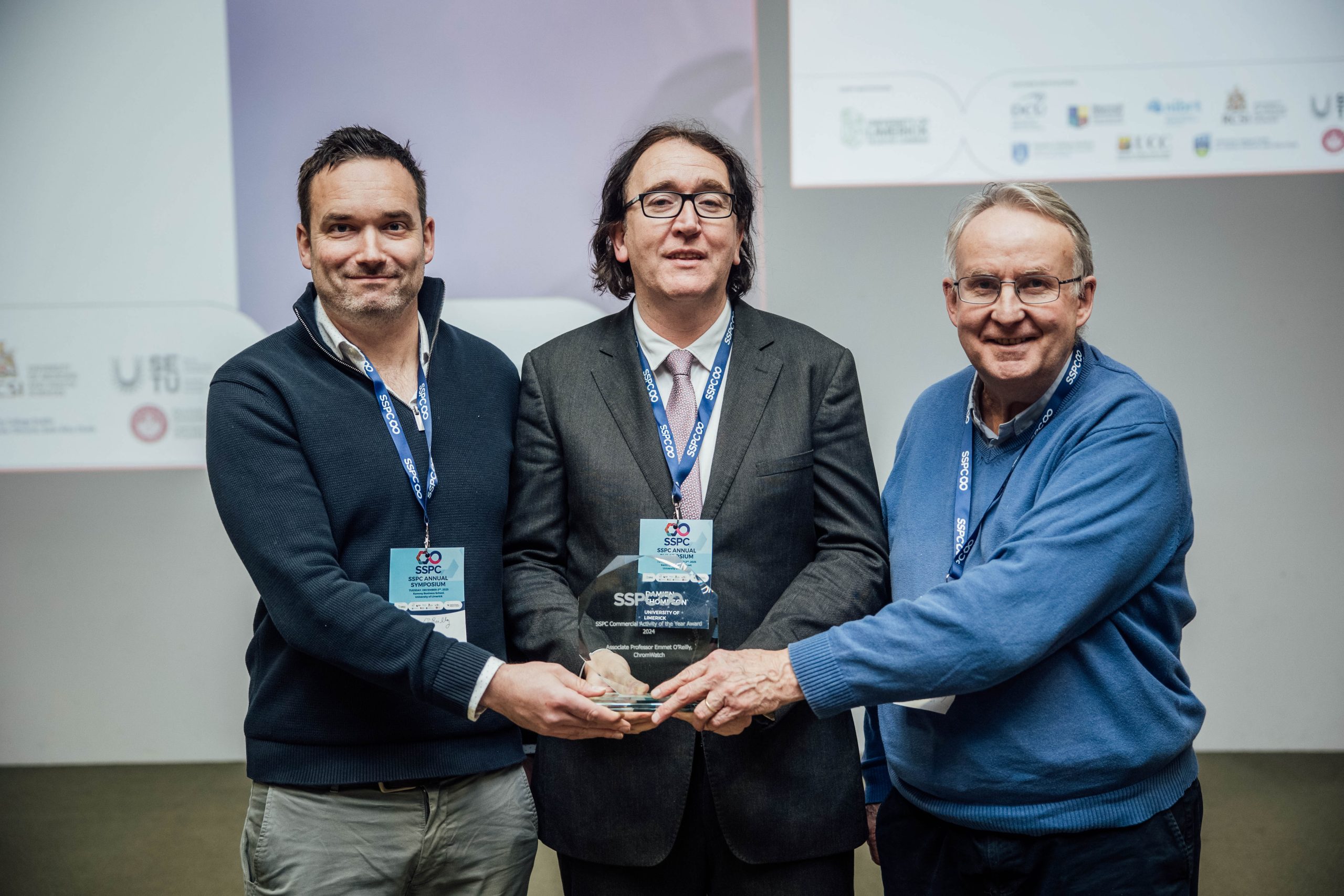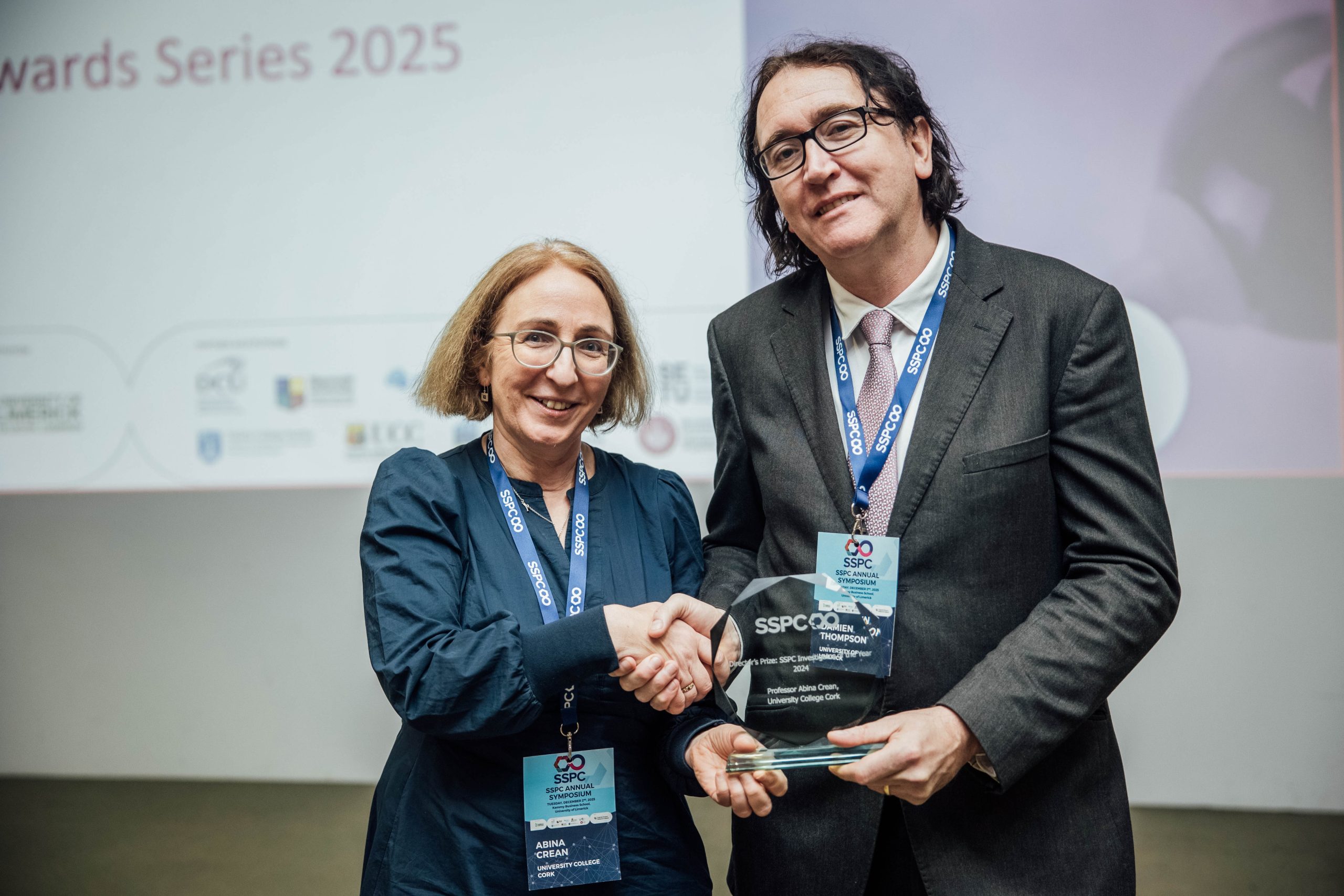Professor Mike Zaworotko wants his research to tackle big challenges. Challenges don’t come much bigger than the impacts of climate change. In his focus for solutions to reduce global energy consumption and ease water stress around the world, he seeks answers in the very small: the structures and properties of ‘crystalline’ materials.
“There are two types of solid – things that are crystalline and thing that are not,” explains Professor Zaworotko, Director of SSPC, SFI Research Centre for Pharmaceuticals and Bernal Institute Chair of Crystal Engineering. “Crystalline materials have repeating pattern of atoms, molecules or ions in three dimensions, and this is what we research.”
Porous, crystalline materials have many applications in industry. They are used for formulating drugs in the pharmaceutical sector, for manufacturing a range of other products and for purifying liquids and gas, including natural gas.
Professor Zaworotko’s research at Univeristy Limerick uses crystal engineering to better understand and apply such materials for pharmaceuticals, and he has recently made discoveries that are set to have a large impact on global energy usage and water availability.
His lab has found a crystalline material that has favorable properties for absorbing and releasing water from the atmosphere, and it could revolutionise dehumidification systems in buildings and the availability of water in regions of drought.
“When we screened materials that we had already developed in our lab, we found that this one could absorb water well and, crucially, it releases it at a low temperature,” he says. “This makes it practical and energy-efficient for sourcing or managing water.”
In practice, the material (or a future version of it), could replace the silica traditionally used in dehumification systems in buildings, explain Professor Zaworotko. “Silica has been used for a long time as a desiccant to pull water from the atmosphere, but it is not very efficient,” he says. “If we replaced silica with this crystalline material, it would require substantially less energy to maintain air quality in buildings around the world.” The material could also wick water from the atmosphere in arid regions, he adds.
“Even in zones of very low humidity on Earth, even in deserts, there is still some water in the atmosphere. This material could be applied to capture the water from the air, meaning you could potentially grow crops there.”
Professor Zaworotko is working on the technology with a company called Molecule, which has now moved to Ireland to work on the approach, one that he believes could have a vast impact: “People have relied on old solutions for a long time, but with motivation and an understanding of crystalline materials, we could cut the global energy bill and make fresh, safe water more available.”
Source: www.sfi.ie

